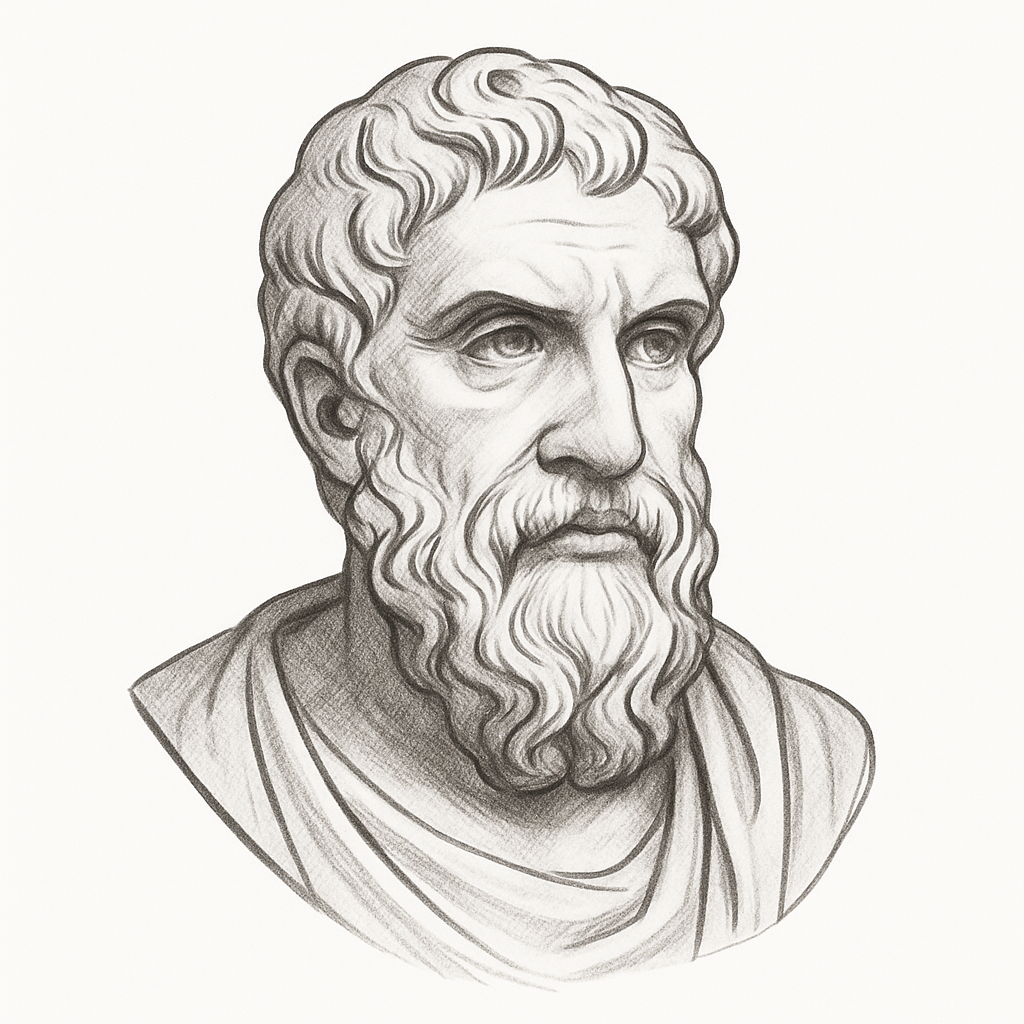What Does Stoicism Say About Anger
The Stoic perspective on anger centers significantly on the principle of control, distinguishing between what is within an individual's power and what is not. This framework suggests that anger, rather than being an inevitable reaction to external events, is largely a product of one's internal judgments and responses.
At the core of Stoic thought on anger is the understanding that true distress arises not from external actions or circumstances, but from one's own attachment to them (Epictetus, The Discourses, Book 1, Chapter 18). Therefore, to manage a short temper, the focus is placed firmly on mastering one's emotional reactions (Seneca, Moral Letters to Lucilius, Chapter 116) and concentrating on the mind, or ruling faculty, to prevent it from being enslaved by reactive emotions (Marcus Aurelius, Meditations, Book 2). This involves consciously choosing to avoid anger and blame by judging only one's own choices as good or bad, rather than external events (Marcus Aurelius, Meditations, Book 6). The primary battle, from this viewpoint, is not against external opponents, but against internal passions (Seneca, Moral Letters to Lucilius, Chapter 71).
Several practices are outlined to cultivate this internal mastery:
- Deliberate Pause and Reflection: When provoked, creating a deliberate pause before reacting is crucial, as this space allows for the regaining of self-control and the ability to respond with reason (Epictetus, The Enchiridion, Chapter 20). Furthermore, when angered by someone's flaw, immediate reflection on one's own similar failings can foster empathy and calm (Marcus Aurelius, Meditations, Book 10).
- Habit Modification: To diminish an angry temper, it is advised to "not feed the habit; throw nothing on it which will increase it: at first keep quiet, and count the days on which you have not been angry" (Epictetus, The Discourses, Book 2, Chapter 18). This suggests a conscious effort to break the cycle of anger by withholding the fuel that sustains it.
- Reframing and Acceptance: Inconveniences can be reframed as opportunities for self-mastery instead of sources of anger (Seneca, Moral Letters to Lucilius, Chapter 123). This aligns with the understanding that "Nothing is heavy if one accepts it with a light heart, and that nothing need provoke one’s anger if one does not add to one’s pile of troubles by getting angry" (Seneca, Moral Letters to Lucilius, Chapter 123). The burden of anger is often self-imposed through resistance to what cannot be controlled.
- Prioritizing Practical Self-Improvement: When emotionally troubled, it is recommended to prioritize practical self-improvement over abstract intellectual debates (Epictetus, The Discourses, Book 1, Chapter 27), and to master emotional reactions before engaging in complex intellectual theories (Epictetus, The Discourses, Book 3, Chapter 2). This emphasizes an action-oriented approach to managing one's internal state.
- Identification and Endurance: A crucial step involves identifying specific character flaws, such as anger, and practicing enduring situations that trigger them (Epictetus, The Discourses, Book 3, Chapter 12). This direct confrontation with triggers, handled with an objective and controlled mindset, serves as a form of training.
- Moderation in Expression and Self-Reflection: Practicing moderation in expressions and avoiding coarse language contributes to a composed demeanor (Epictetus, The Enchiridion, Chapter 33). Additionally, speaking little with others and conversing more with oneself is advised to protect one's peace and foster self-reflection (Seneca, Moral Letters to Lucilius, Chapter 105).
In essence, Stoicism teaches that managing a short temper is an ongoing endeavor of internal discipline, focusing on cultivating mastery over one's judgments and reactions rather than attempting to control external circumstances that may provoke anger.
Key Passages
If then you wish not to be of an angry temper, do not feed the habit; throw nothing on it which will increase it: at first keep quiet, and count the days on which you have not been angry.— The Discourses by Epictetus
Nothing is heavy if one accepts it with a light heart, and that nothing need provoke one’s anger if one does not add to one’s pile of troubles by getting angry.— Moral Letters to Lucilius by Seneca
For of what benefit is a quiet neighbourhood, if our emotions are in an uproar?— Moral Letters to Lucilius by Seneca
Disclaimer: Article generated using Memento Vivere AI tool, and is grounded solely in the works of Epictetus, Seneca and Marcus Aurelius. For informational purposes only. Not a substitute for professional advice.
